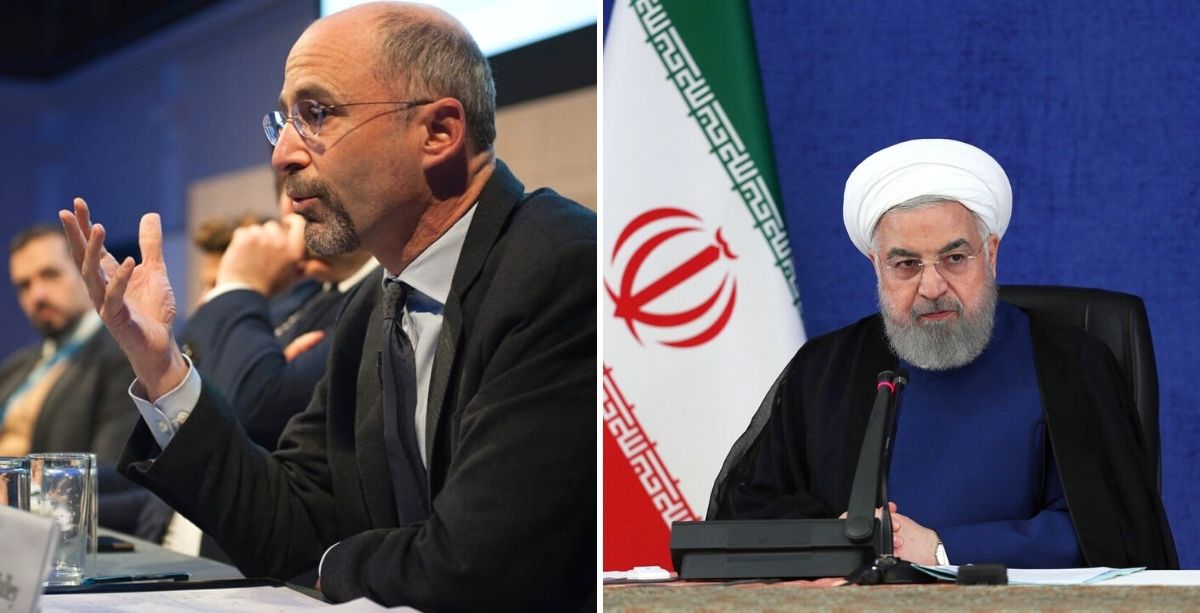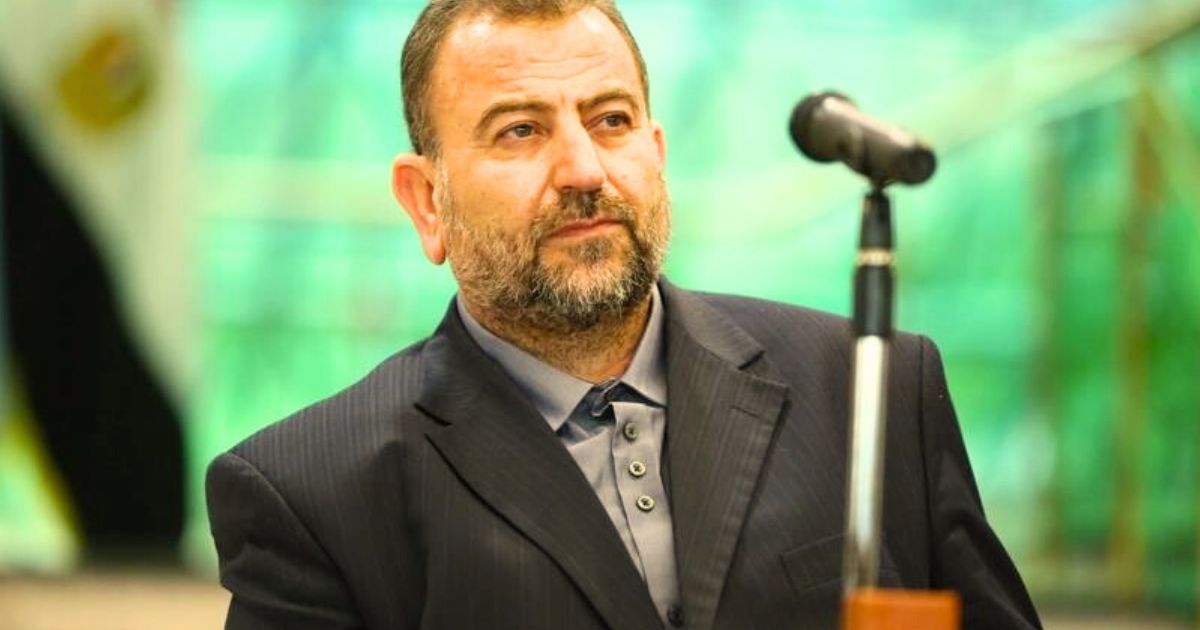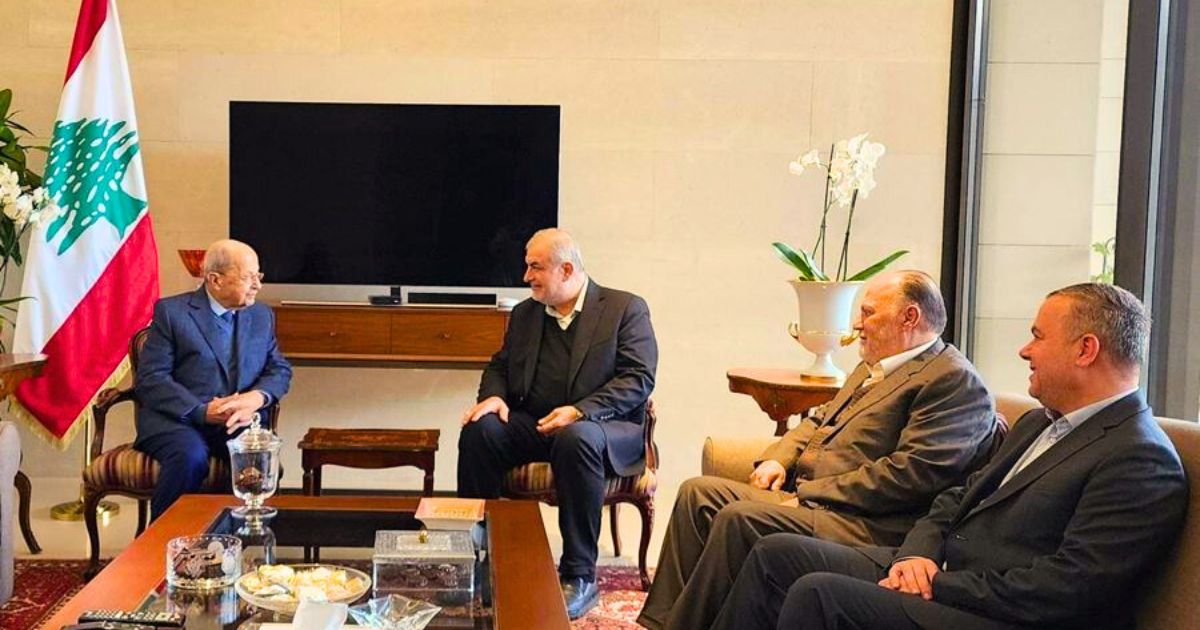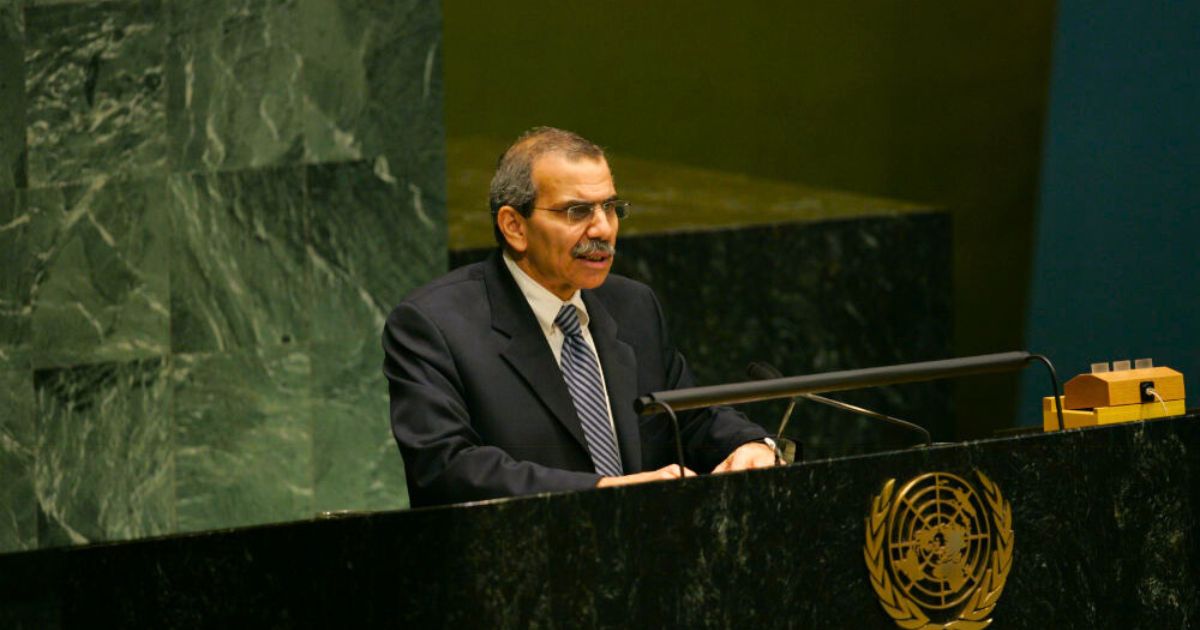U.S. President Joe Biden‘s administration has appointed Robert Malley the top envoy for Iran.
Department of State spokesperson Ned Price said on Friday that Malley brings to the position “a track record of success negotiating constraints on Iran‘s nuclear program.”
Price said Secretary of State Antony Blinken “is confident he and his team will be able to do that once again.”
The remarks came amidst a hail of criticism and attacks from conservatives and Iran experts on the newly-appointed envoy, some of whom accused him of being “too soft” on Iran.
Malley is a foreign policy expert who was the lead negotiator in the 2015 nuclear deal with Iran as an aide to the Obama administration and helped negotiate the 2000 Camp David talks under the Clinton administration.
His appointment, considering his pivotal role in closing the nuclear deal, has fueled fears in Iran hawks that Biden “wants to rejoin the Iran deal at any cost and may be willing to sacrifice the security of Israel and the Gulf Arab states to do so,” AP quoted unnamed sources as saying.
Republican U.S. Senator Tom Cotton said in a tweet last week that it was “deeply troubling that President Biden would consider appointing Rob Malley to direct Iran policy,” noting his “long track record of sympathy for the Iranian regime and animus toward Israel.”
“The ayatollahs wouldn’t believe their luck if he is selected,” he added.
The outrage has been amplified by the fact that these hawks regard Malley, who heads the International Crisis Group, an independent conflict-prevention NGO, as less than fully supportive of Israel, the same source reported.
A joint statement released in support of the conflict resolution specialist on Thursday said those who accuse him of sympathy for Iran “have no grasp of – or interest in – true diplomacy, which requires a level-headed understanding of the other side’s motivations and knowledge that can only be acquired through dialogue.”
White House officials, including Blinken and press secretary Jen Psaki, have stressed that the U.S. will be prepared to return to the nuclear deal if Iran shows full compliance with the deal first.
On the other hand, Iran has argued that it would only come back to the deal if the U.S. unconditionally undoes the sanctions imposed by former U.S. President Donald Trump as part of his “maximum pressure” campaign against the Islamic Republic.
















